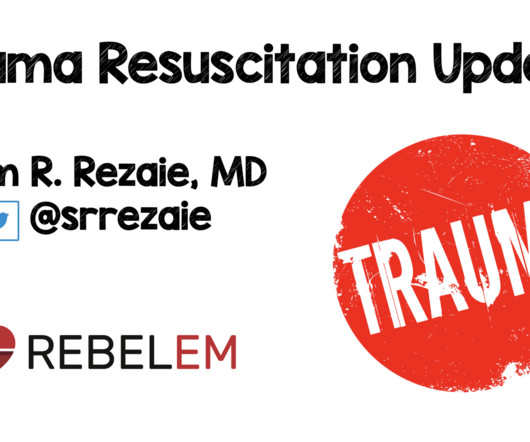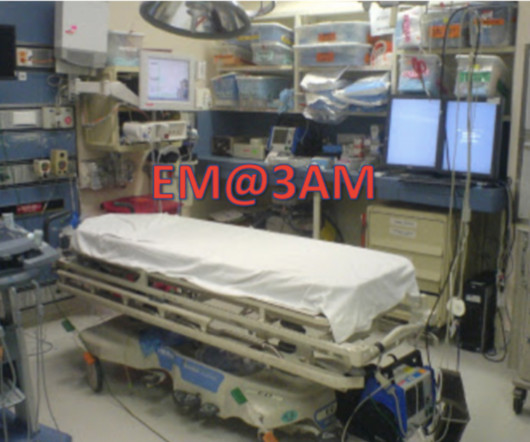Cerebral Edema and Diabetic Ketoacidosis: Rebaked
Pediatric EM Morsels
JULY 28, 2023
The exact mechanism is not known… It was previously believed that it was due to rapid changes in serum osmolality during initial fluid resuscitation. Factors associated with adverse outcomes in children with diabetic ketoacidosis-related cerebral edema. 2002 Dec;141(6):793-7. Lesson = treat early! PMID: 12461495.















Let's personalize your content